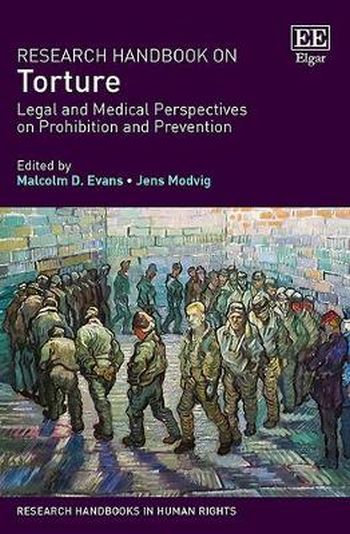
This Research Handbook is of great importance in an era where torture, whilst universally condemned, remains endemic. It explores the nature of the international prohibition of torture and the various means and mechanisms which have been put in place by the international community in an attempt to make that prohibition a reality. Edited by Chairs of the UN Committee against Torture and of the UN Subcommittee for Prevention of Torture, this Research Handbook considers both the legal and medical dimensions of torture, as well as societal and philosophical perspectives. Contributions from experts with personal experience of working with torture victims and survivors in medical, legal and political settings survey practice within the UN and regional human rights systems, international criminal and domestic legal settings, and in medical and > rehabilitative contexts.
These expert perspectives combine to offer a unique range of insights into the realities of tackling torture in the contemporary world. Critical and timely, the Research Handbook on Torture will prove compulsive reading for students and scholars of human rights. Its practical dimension will also engage practitioners in the field, as well as legal and medical professionals working on torture-related issues.